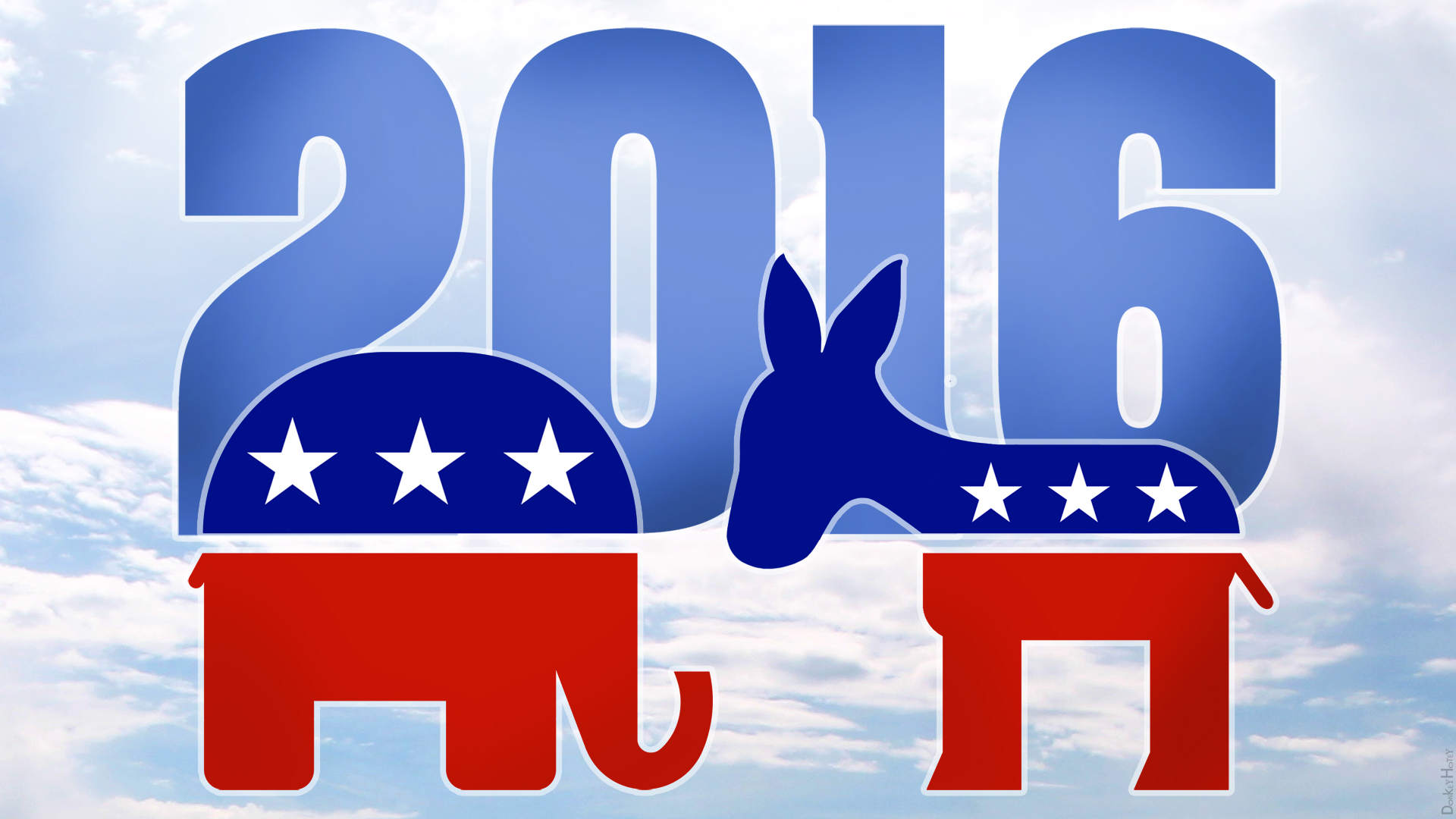The Importance of Hispanic Voters in Future American Elections

On Tuesday night, the people of the United States cast their votes and elected Republican nominee Donald Trump as their president. Much can be taken from this historical election. The influence of the Hispanic voting block in the last few decades has shown to be a key aspect in presidential elections. In this recent election, the Hispanic voting block made up roughly 12 percent of all eligible voters, or 27.4 million people out of that population, about 44 percent of which are millennial voters. The influence they had on on the winner was significant given that some key states were play, the two most prominent of which being  Arizona and Florida, where there were significant amounts of Latino Americans who are registered to vote.
Arizona and Florida, where there were significant amounts of Latino Americans who are registered to vote.
Florida was a particularly important state — historically it has been a Republican leaning state, though the Democrats have won Florida in both the 2008 and 2012 presidential elections. This may have been due to the significant increase of Hispanic voters who now make up one quarter of the state’s population—up from one-fifth in 2010. Furthermore, the influx of millennial Cuban-Americans, which was what helped Obama win in both elections, continues to have an effect in this election cycle. The significance of the Latino vote for a Democratic victory rested in the southern part of Florida, whereas in the north and along the western panhandle has historically held a Republican stronghold. Indeed, Florida in nine out of the ten elections since 1992 has voted for the winning eventual winner.
Although Nevada only carries six Electoral College votes, a seven percent population growth rate since 2010 means that one in every five voters will be Hispanic. This made Nevada a key battleground state for the current election. Further, Trump’s accusations towards the Latino community and severe stance on immigration may have a substantial impact on Latino voters in this state, who view immigration among the top priority issues this election season. Similar to Florida, Nevada’s voters have continuously sided with the winner in every election since 1980, though it has never leaned particularly to any party.
The 2016 election was important because we saw the beginning of the large impact non-white voting block has in America. Both parties have extensively campaigned towards both conservative and progressive Hispanics. Whichever party is able to establish a solid base for Hispanics will certainly prove to be beneficial in future elections, as they already make up 12 percent of all eligible voters in America. In 2016, Democrats found more success with older Latinos rather than younger ones. Whereas the former are voting for Hillary to support her, the latter are casting a vote for Clinton to counter Trump.
This occurrence may be explained because of Hillary’s lack of real support among millennials in general, or perhaps because regardless of their growing size, Hispanic millennials still hold the lowest voter turnout when compared to whites and African-Americans. Furthermore, the Hispanic population is situated in non-battleground states, mainly ones that have traditionally been blue, such as California and New York, thus limiting their influence in the end result of the federal election.
For future elections, eligible Latino voters will only continue to grow as a voting bloc and will be a crucial element in determining party dynamics. The Republicans, who have been unable to attract and maintain a strong Latino base, will need to prove their viability tothe Latino electorate to avoid a difficult battle in future elections. If the GOP is unable to isolate the racial undertones in their platform, particularly in Trump’s wing of the party, they will be in danger of being undermined by non-white votes for years, not to mention the political vacuum that will be created due to a lack of representation for more conservative Hispanics. Traces of this phenomenon may have already been apparent through the campaigns of Senators Marco Rubio and Ted Cruz, who were unable to solidify a strong Hispanic base under Republican leadership.
On the other hand, if the Democrats are able to continue capitalizing on the Hispanic vote, then they may be able to successfully usher in a new era of support from a multi-ethnic community.
The 2016 elections came to a shock for many people, but this does not mean that the Hispanic voting population is insignificant or will carry no weight in future elections. Despite the results of this election, which were inevitably shocking and saddening for many people, it is the duty of the American people to fight for and ensure that their democratic right, and the rights of their fellow Americans, will not be undermined by whoever is in Oval Office.
